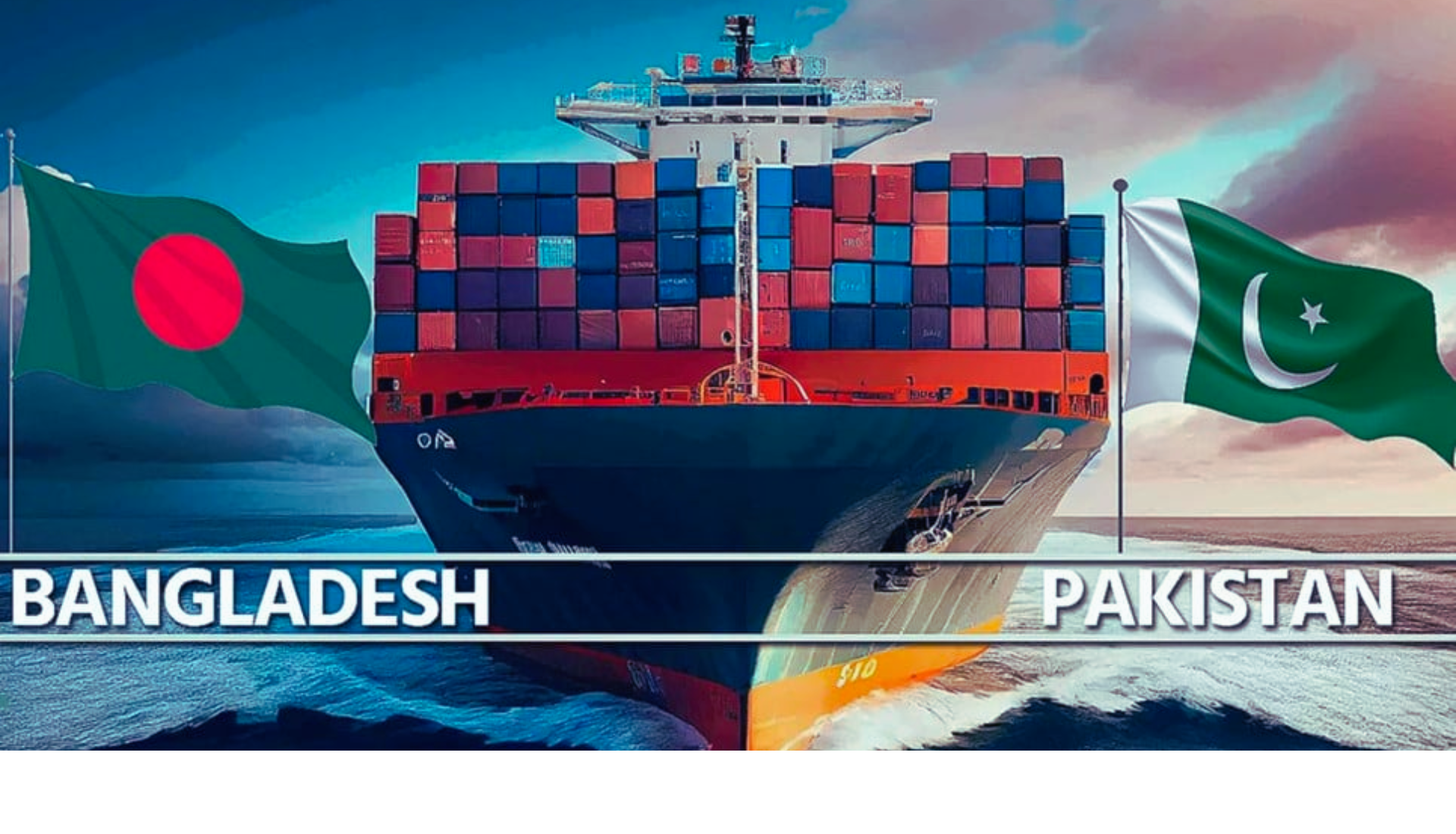COVID-19 has proved to be an economic burden for several countries. Especially to underdeveloped and developing countries. One of those countries is India. Despite being a $3trillion economy, with a population of over 1 billion, India\’s economy has suffered.
Recently, The Reserve Financial Institution of India reported that the outflow of capital has increased. According to a report, India has seen an outflow of $5.4 billion just in the month of February this year. This is a big blow to its foreign direct investment and its stock.
In the FY 2020-2021, India saw Foreign Direct Investment (FDI) of around $58.37billion. However, since November of 2020, when $3.2 billion were outflowed, many consider it a start of a new trend of capital outflow.
An Increase in Outflow of FDI from India
“It is a huge outflow in a single month. Therefore it must be monitored.,” CARE Scores chief economist Madan Sabnavis stated.
Sabnavis further stated, “FDI outflows by means of fairness are worrying as these imply that firms are taking out their capital and investing of their house nation the place there are higher prospects.\”
Between April 2020 and February this year, repatriation totalled $25 billion. That is up from $17 billion the previous year, according to RBI data.
Rather than debunking the real cause of it, many are analyzing the consequences it can have. Devendra Kumar Pant, chief economist at India Scores and Analysis suggests that the reason for capital outflow is that the time it was taken out on. The global market was at a good price and offered shares. Additionally, it\’s completely fine if it’s a one-time. Although if it turns into a trend, then it can come at a cause of India’s reserves and currency. These two can actually crash the market and economy of India.
On February 16, the benchmark Indian stock market index Nifty50 reached a high of 15431.75.
In February, FDI inflows fell to $4.3 billion, compared to $5.4 billion in the same month the previous year, struggling to outweigh the recorded outflows. In February, there was a net outflow of $1 billion.
Other than that, the Indian companies have invested around $1.8 billion outside India in the same month. This has raised the outflow to around $2.8 billion. In contrary to that, the FDI inflow stood at $2.7 billion of the same interval.





